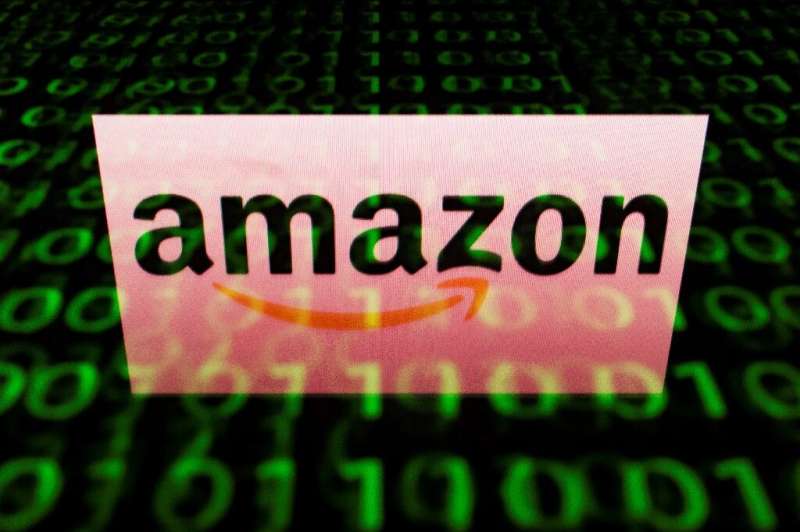400 US police agencies partner with Amazon on smart doorbell

Amazon said Wednesday more than 400 US police departments had joined its "Ring Neighbors" network, a program aimed at curbing crime using video from the company's smart doorbell that has raised civil liberties concerns.
The program represents an unusual partnership between the US technology giant and law enforcement agencies, which have offered discounted or free Ring devices to residents as part of crime prevention efforts.
Ring, the device maker purchased by Amazon for $839 million, said the video-enabled smart doorbell and its associated Neighbors applications help improve communication between residents and their police departments.
"Today, 405 agencies use the Neighbors portal, which is an extension of the Neighbors app that allow law enforcement to engage with their local community," Ring chief executive Jamie Siminoff said in a blog post.
This includes "posting important information about crime and safety events in their neighborhoods" and "viewing and commenting on public posts as a verified law enforcement officer," as well as "asking for help on active investigations by submitting requests for video recordings," Siminoff said.
"Neighbors and local law enforcement have achieved amazing results by working together through the Neighbors app, from getting stolen guns off the streets to helping families keep their children safe, and even recovering stolen medical supplies for a diabetic child."
But the program has also raised fears of expanded surveillance by police without safeguards on how videos and other data are collected and stored.
'Two powerful institutions'
Jay Stanley, a policy analyst with the American Civil Liberties Union, said the program risks leading to vast amounts of data delivered to the Amazon cloud that may be accessed by law enforcement without privacy protection.
"You have two powerful institutions, Amazon and the police, cooperating to push for increased surveillance in American communities, and that's kind of spooky and disconcerting," Stanley said.
"And Amazon has gotten police officers to promote Ring, serving as publicly funded sales agents."
Matthew Guariglia of the Electronic Frontier Foundation said the system appears to prey on people's fears of crime.
"By sending photos and alerts every time the camera detects motion or someone rings the doorbell, the app can create an illusion of a household under siege," Guariglia said in a recent blog post.
"This creates a vicious cycle in which police promote the adoption of Ring, Ring terrifies people into thinking their homes are in danger, and then Amazon sells more cameras."
Amazon responded to what it called "misleading" news on the Neighbors program.
"We want to set the record straight—customers, not law enforcement, are in control of their videos," the company said in an emailed statement.
Amazon said videos are shared only if a customer gives consent or posts it publicly, and that law enforcement agencies "must go through the Ring team when making a video request to customers."
"Customers can choose to opt out or decline any request, and law enforcement agencies have no visibility into which customers have received a request and which have opted out or declined," Amazon said.
© 2019 AFP




















